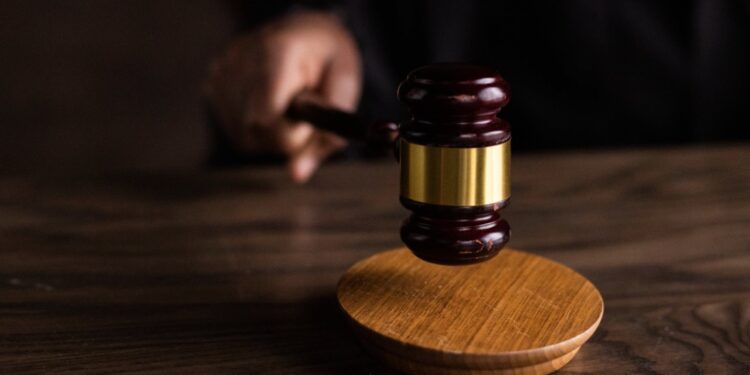If you commit a crime and are awaiting trial, you’ll be required to attend a bail hearing. During this trial, a judge will look at your case and decide how much you’ll have to pay to be allowed out of jail so you can go home and prepare for your trial. Before your trial, it’s difficult to guess what your bail will be. This is because it can vary due to how judges tend to set bail amounts. In some cases, judges may deny the defendant bail altogether. Below are just a few of the factors that the judge might use to determine at what amount your bail ought to be set at.
Your Criminal Record
One of the biggest factors in setting your bail will always be your criminal record. Those who have never been convicted of an offense are likely to get a lower bail amount or even to be released on their own recognizance, while those who have extensive criminal histories will generally receive higher bail amounts. If you’ve skipped bail before, you’re also more likely to get a larger bail amount set by the judge. If this arrest is for a repeat of a crime you’ve been convicted of before or if you have skipped bail in the past, the judge may deny you bail entirely.
The Crime
The crime you were arrested for also matters. You probably won’t get a high bail set for petty vandalism, for example. In fact, you might not be required to pay anything. But you will definitely get a significant amount set if you’ve committed an act of violence. The severity of the crime will also play a large role in determining if you are even eligible for bail. Some violent crimes might lead the judge to believe that you are a danger to others in the community and need to be held until trial.
Community Connections
Judges also tend to set your bail according to your community connections. If the judge believes that you have something that will tie you to the community so that you return for your trial—a job, a family, or a business—your bail amount will likely be lower. If you are considered a flight risk, which means that you have no connections in town or you have the ability to flee easily, you should expect to pay more for bail. In fact, if you are a high enough flight risk, you may be denied bail entirely.
Consider Bail Bonds
Even lower bail amounts can be hard for many to pay. That’s why so many people turn towards bail bonds to get out of jail until their trials. These bonds allow you to front only a portion of the bail amount while still allowing you to go home. While each state has its own requirements on how much a bail bond company can charge, you usually won’t have to pay more than ten to fifteen percent upfront. As long as you show up to your trial, the bail bonds company won’t charge anything else.
There are several factors that can influence your bail amount. The bail system does favor those who have committed less severe crimes, but it’s impossible to estimate exactly what you might have to pay before the judge decides. If you have trouble paying your bail, you have several options including talking to a bail bonds company.
Anita is a freelance writer from Denver, CO. She studied at Colorado State University and now enjoys writing about health, business, and family. A mother of two wonderful children, she loves traveling with her family whenever she isn’t writing. She recommends talking to a bail bonds company if you have been arrested. You can find her on Twitter @anitaginsburg.









